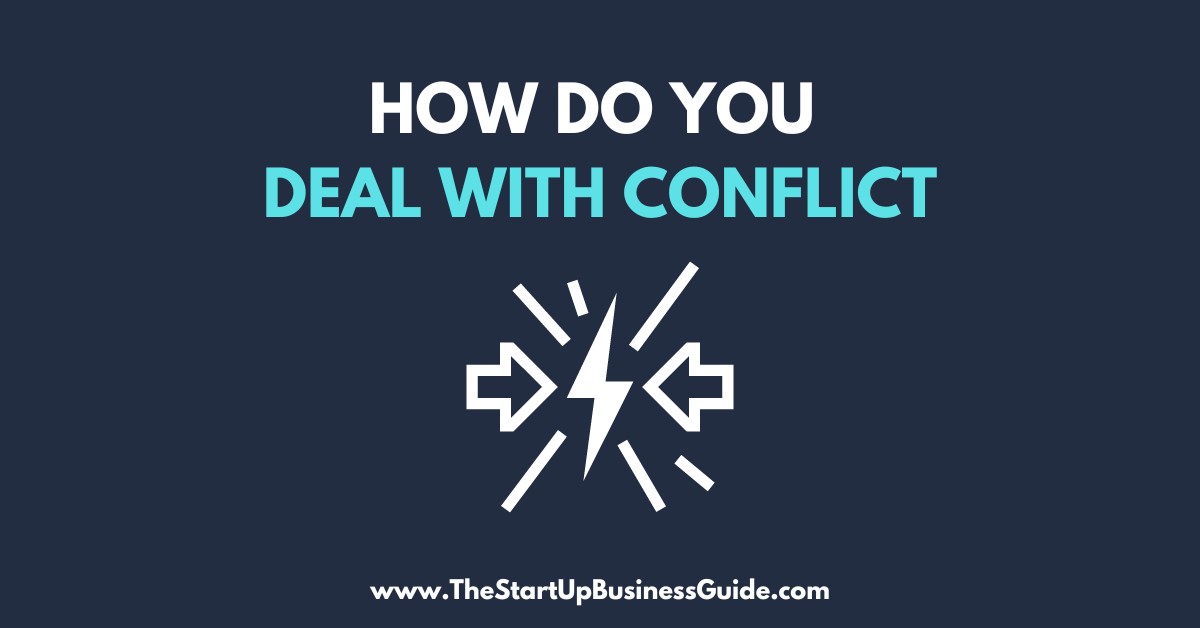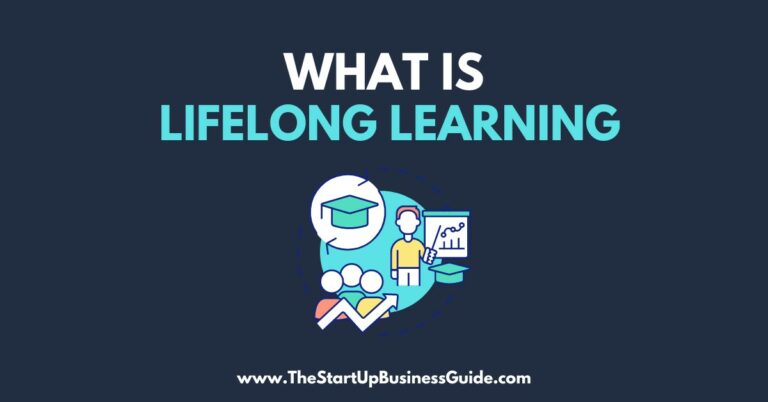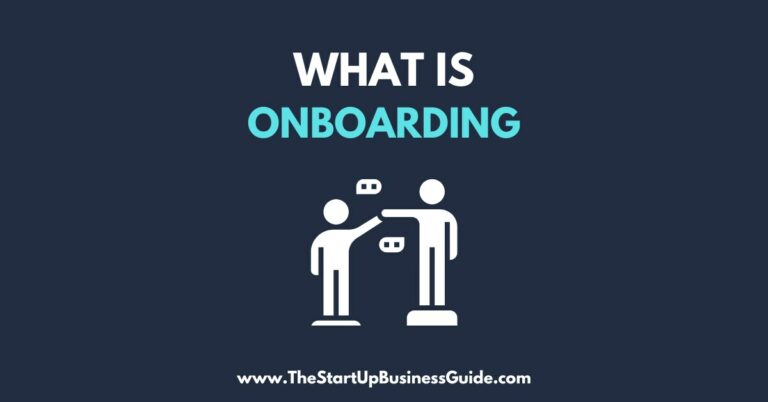How do you Deal with Conflict

Conflict can happen in any situation, whether it’s at home or in the workplace.
It’s important to know how to deal with conflict effectively, so that it doesn’t escalate and cause more problems.
In this article, we’ll talk about what conflict is, the different types of conflicts that can arise, and how to handle them in a professional and effective way.
Understanding Conflict
Conflict is when two or more people disagree about something.
It can happen between friends, family members, coworkers, or even complete strangers.
There are different types of conflicts, such as personal conflicts, professional conflicts, and even global conflicts.
Common causes of conflict include a lack of communication, different opinions or values, and a lack of trust.
These conflicts can escalate if not dealt with properly, leading to bigger problems.
It’s important to understand the difference between healthy and unhealthy conflicts.
Healthy conflicts are conflicts that are dealt with in a constructive and respectful way, and can lead to a better understanding and resolution.
Unhealthy conflicts, on the other hand, can lead to negative emotions and can harm relationships.
Conflict Resolution Strategies
There are many different strategies that can be used to effectively deal with conflicts.
Some strategies include compromise, negotiation, and mediation.
Each strategy has its own pros and cons, and it’s important to choose the right one depending on the situation.
Active listening, empathy, and clear communication are key in resolving conflicts.
By listening to the other person’s perspective, we can better understand where they’re coming from and find a solution that works for everyone.
Dealing with Unresolvable Conflicts
Sometimes conflicts cannot be completely resolved, and it’s important to know how to deal with these ongoing conflicts.
One strategy is to set boundaries and learn to compromise.
This means accepting that not everything will always be resolved and finding a way to work around the conflict.
Conclusion
In conclusion, conflict is a natural part of life and it’s important to know how to deal with it effectively.
By understanding what conflict is, the different types of conflicts that can arise, and using the right strategies, we can resolve conflicts in a professional and effective way.
Remember to stay calm, composed and in control of your emotions while in conflict, understand the other person’s perspective, and apologize and forgive when necessary.
Conflict can also be an opportunity for personal and professional growth.
Frequently Asked Questions on Dealing with Conflicts
What is conflict and why does it occur?
Conflict is a disagreement or opposition between two or more parties. It can occur due to differences in opinions, values, or interests.
What are some common causes of conflict?
Common causes of conflict include differences in communication styles, lack of trust, power imbalances, and competing resources.
What are the different types of conflict?
There are several types of conflict, including interpersonal conflict, organizational conflict, and societal conflict.
How can I identify when a conflict is occurring?
Signs of conflict include verbal or nonverbal communication indicating disagreement, increased tension or frustration, and a breakdown in cooperation or teamwork.
How can I effectively manage and resolve conflict?
Effective conflict management and resolution techniques include active listening, compromise, negotiation, and mediation.
How can I improve my communication skills to prevent or resolve conflict?
Improving your communication skills can help prevent or resolve conflict by ensuring that your message is clear and understood, and by actively listening to the other party’s perspective.
How do I address conflicts that involve people who are difficult to work with?
Dealing with difficult people in conflict situations requires a calm and assertive approach. Be prepared to clearly state your position and be willing to compromise. Seek the help of a neutral third party, like a mediator if necessary.
How do I address conflicts that are caused by cultural differences?
Conflicts caused by cultural differences can be challenging to resolve. It is important to understand and respect the other person’s cultural background and try to find common ground. Seek the help of a cultural mediator if necessary.
How do I address conflicts that are causing stress in my work environment?
Conflicts causing stress in the workplace can be addressed by identifying the source of the conflict, fostering open communication, and finding a resolution that is beneficial for all parties involved.
How do I address conflicts that are impacting my personal relationships?
Conflicts impacting personal relationships can be addressed by having open and honest communication, identifying the source of the conflict, and working together to find a resolution that is beneficial for both parties.
What should I do if I am unable to resolve a conflict on my own?
If you are unable to resolve a conflict on your own, seek the help of a neutral third party, such as a mediator or counselor. They can help facilitate communication and provide guidance on finding a resolution.






